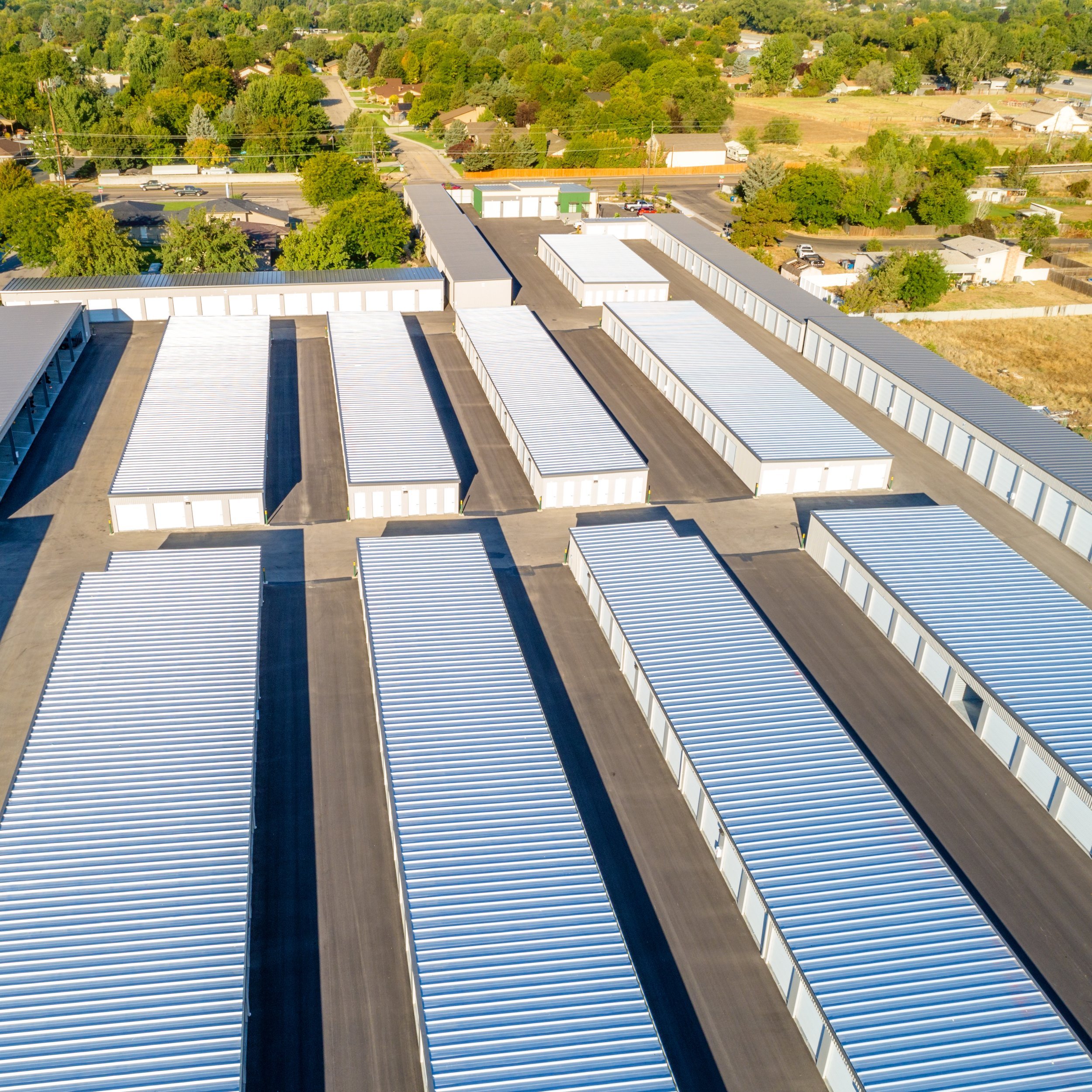
Invest In Mobile Home Parks With Wellings Capital Today
Click below for exclusive access to our investor portal and detailed information on our commercial real estate fund.
Why Invest in Mobile Home Parks?
Ever-diminishing national supply of mobile home parks amidst a growing demand for affordable housing
Simple infrastructure (rented land) means simpler operations and minimal, predictable maintenance and capital expenditure budgets
High switching costs can lead to stable, long-term tenants
Fragmented mom & pop ownership of the 42,000+ mobile home parks in the U.S. and lack of institutional interest in smaller parks lead to compelling acquisition opportunities
Compelling financing: Freddie Mac and Fannie Mae provide low interest rate debt for mobile home park acquisitions with two supplemental financing opportunities.
For more information on mobile home parks, click here to access our free mobile home park eBook
About Wellings Capital
Wellings Capital is a real estate private equity firm established in 2015 that seeks to help high earners and high net worth individuals protect and grow their wealth through private commercial real estate investing.
950+ investors across our funds have joined us to invest in self-storage facilities, manufactured housing communities, multifamily, and other private real estate asset types across the US. Our current portfolio is valued at approximately $370 million with approximately $190 million of investor equity under management as of March 2025.
A Track Record of Success
To review our detailed track record with us, you can schedule a call
43% IRR and 2.2x MOIC*
Gross median return on all 19 full-cycle investments within existing Wellings Capital funds
Successful distributions
Wellings Capital has maintained and/or increased distributions for all five income funds since their inception*

FAQs
-
Mobile home parks can be a good investment due to high demand for affordable housing, low operating costs, and long-term tenants (tenants usually own their own homes and pay lot rent). However, investors should conduct thorough due diligence and be aware of regulatory challenges and maintenance responsibilities. With careful management and strategic improvements, mobile home parks can offer attractive returns and diversify a real estate investment portfolio.
-
Investing in mobile home parks offers potential high returns but comes with several risks:
Regulatory and Zoning Challenges: Local regulations and zoning laws can restrict development and operations, and changes in laws can impact rent control and tenant rights.
Market Perception: Mobile home parks often face a stigma, affecting their perceived value and attractiveness. Regional variations in demand can also impact occupancy rates and income.
Maintenance and Infrastructure Costs: Owners must maintain the park’s infrastructure, which can be costly. Older parks may have deferred maintenance issues requiring significant investment.
Tenant Management: Managing tenant turnover and evictions can be complex and costly, requiring effective tenant relations and legal compliance.
Financing Challenges: Securing financing can be difficult, with less favorable loan terms and higher initial investment costs.
Market and Economic Risks: Economic downturns and local economic conditions can affect tenants’ ability to pay rent, leading to higher vacancy rates and reduced income.
Environmental and Location Risks: Parks are vulnerable to natural disasters and location-specific risks, affecting profitability.
Management Complexity: Managing a mobile home park requires expertise in property management and regulatory compliance, increasing operational demands and costs.
Understanding and mitigating these risks through thorough due diligence and strategic planning is essential for successful investment in mobile home parks.
-
Mobile home parks can be a source of passive income by generating rental income from tenants who lease lots to place their mobile homes. You can potentially achieve a more passive approach by hiring professional property management. However, there can be upfront investment costs, occasional management decisions, and vacancy risks to consider. Investing with a real estate sponsor like Wellings Capital in mobile home parks ensures your investment is 100% passive.
-
Investing in mobile home parks offers stable cash flow from lot rentals, driven by a growing demand for affordable housing. With lower operating costs and scalability compared to other asset types, investors can easily expand their portfolio. Mobile home parks can foster community stability, leading to longer tenancies. Additionally, investors benefit from various tax benefits such as depreciation. Mobile home park investments can serve as an inflation hedge, with property values and rental income typically increasing over time. Value-add opportunities, like property improvements and infrastructure upgrades, can further enhance returns.
-
Mobile home parks generate profit primarily through lot rental income and/or rental income if the park owns the homes. Ideally, residents own their mobile homes but lease the land, paying monthly rent to the park owner. This rental income provides a steady cash flow.
Additionally, mobile home park owners may offer amenities or services, such as laundry facilities, recreational areas, or storage units, for which they can charge additional fees. Value-add strategies, such as improving park infrastructure or adding amenities, can increase the attractiveness of the park and justify higher rental rates. Some parks may also generate income by filling vacant lots, utility billing, or providing internet access.








